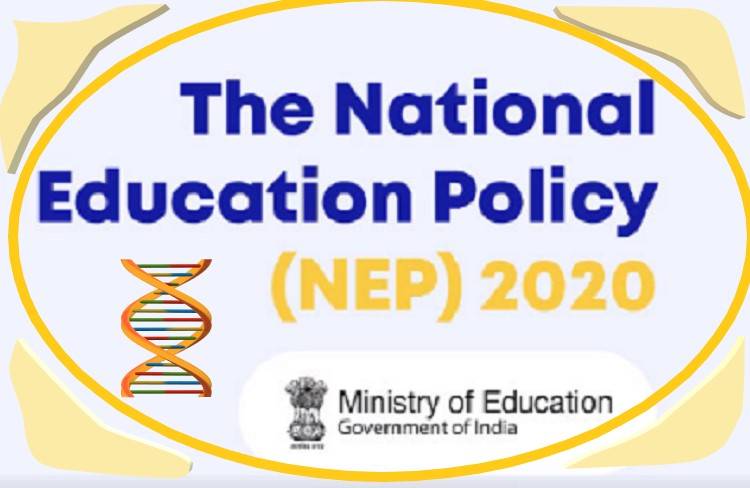New Education Policy Implementation

This is the first academic year after New Education Policy was brought into force. Outlay budget for 2021-2022 has been Rs 59,845 crore last year. Increase has been made for both Kendriya and Navodaya Vidyalayas. Andhra Pradesh is starting schools under NEP model of 5+3+3+4 instead of 10+2. Karnataka and Madhya Pradesh have started implementing NEP in their states. Centre started centralizing education during emergency when the 42nd amendment was made adding education to concurrent list from state list. This put higher education under centre's supervision. Andhra has from this year started modeling government schools under CBSE syllabus. This will in the long run eliminate differences when appearing for competitive exams like NEET,etc.,
Congress ruled states, West Bengal and Tamilnadu have been opposing NEP for its centralizing tendency despite education being on concurrent list. Karnataka Congress claims that it would increase privatization of education sector at a time when we should be moving towards universal public education like in the west. The NEP was also not discussed in parliament.
Other politicians also call NEP discriminating despite government saying NEP reduces curriculum loads allows them to have multiple skillsets and multi lingual. NEP allows foreign universities to establish their campuses in India. Karnataka issued an order implementing NEP in August 2021 which was followed by Madhya Pradesh.
Another criticism of NEP has been shifting funding structure. Centre is now pooling only 60 percent of the budget unlike earlier ninety percent for education. Centre is also proposing several regulators to control higher education. So centre will have more control while offering lesser funds from its kitty. Delhi and Rajasthan have been protesting against clubbing pre-primary with primary education. West Bengal clarified that they will not be implementing NEP for now since it is against federal structure of India . It will review its decision as more discussion happens.
In Karnataka, opposition congress has been oppposing the “hasty” decision of the government to implement NEP. Opposition cites lack of broad consensus on NEP before announcing it. Karnataka government however clarified that nothing will be forced in name of NEP leaving the freedom of implementation to the education institute governing bodies.
From GST to NEP, centralization and privatization have become the hallmark of the BJP government. With the centre becoming more powerful and interfering in affairs of the state leaving states little freedom on policy implementation will have disastrous consequences. Every state already has its own entrance exams for higher education which are based on state syllabus. Introducing NEET based on CBSE is discriminating to the lakhs who study state syllabus.
Critics of NEP also cite that most government schools have dalits in large numbers. NEP with its strict focus might reduce their opportunities. School dropouts across the country have 32% from schedule castes and 17% from scheduled tribes and 25% from muslims. While all developed states are offering free education to children, rampant centralization instead of decentralization might lead to dependence on private schools.
At a time when Finland and other countries are focusing on making education more fun, going back to scoring system will only hasten parents rush to private schools out of concern for employability of their wards. India has several differnt cultures and needs. State education policy will be determining on those needs. There cannot be a central policy for such diverse nation like India.

 Education
Education 























Comments (0)
Facebook Comments